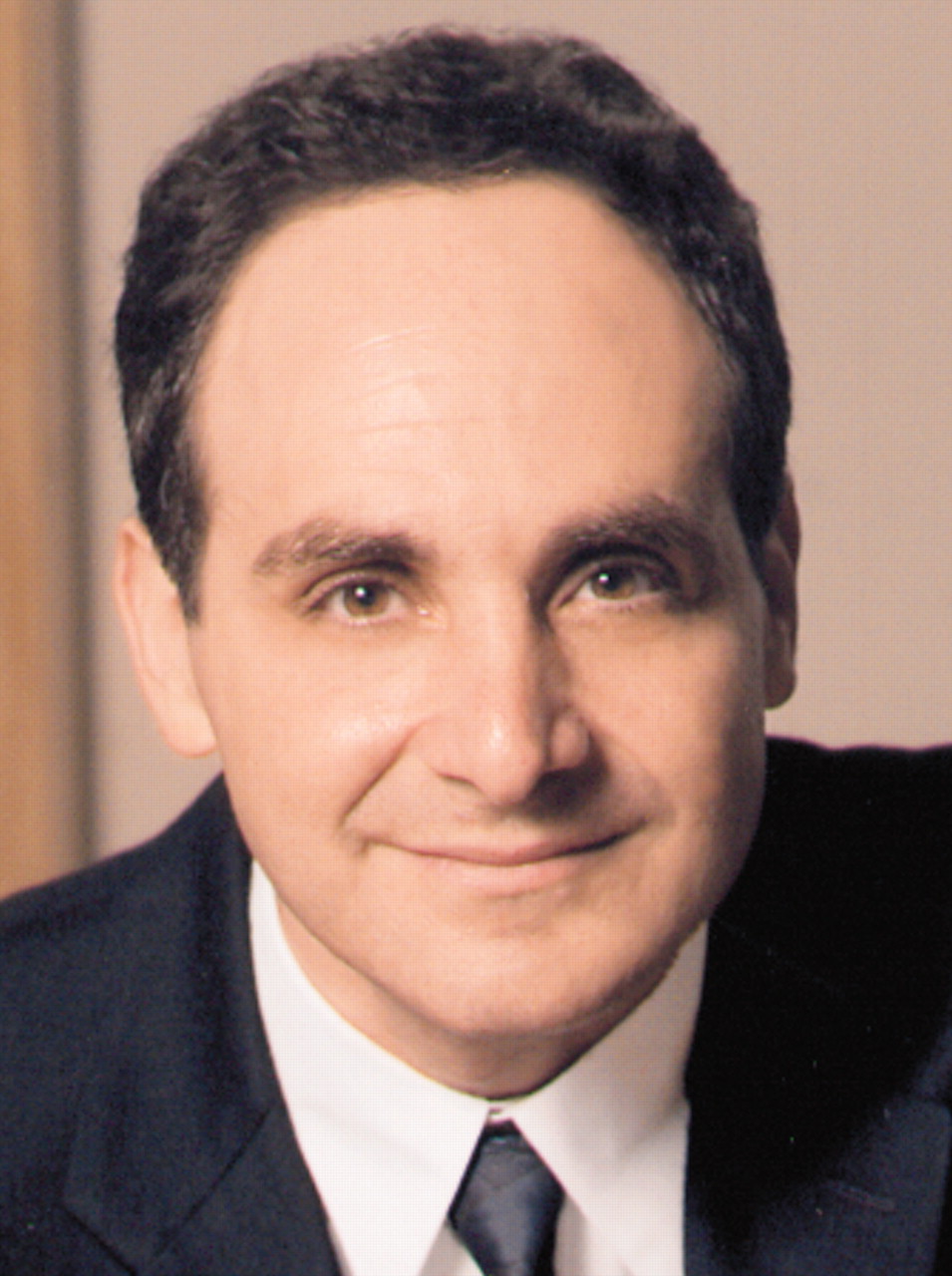Music and the Mind: Beethoven

At APA’s 2004 annual meeting in New York, Kogan will perform musical examples to illuminate the connection between Beethoven’s psyche and his creative process. There will be an exploration of the impact of biographical factors (his brutal childhood, the onset of deafness, and thwarted quest for the “Immortal Beloved”) on his artistic development. Kogan will discuss the relationship between mental illness and artistic inspiration and speculate on whether Beethoven suffered from bipolar disorder.
The session will be held Monday, May 3, from noon to 1:30 p.m. in the Astor Ballroom on the seventh floor of the Marriott Marquis.



